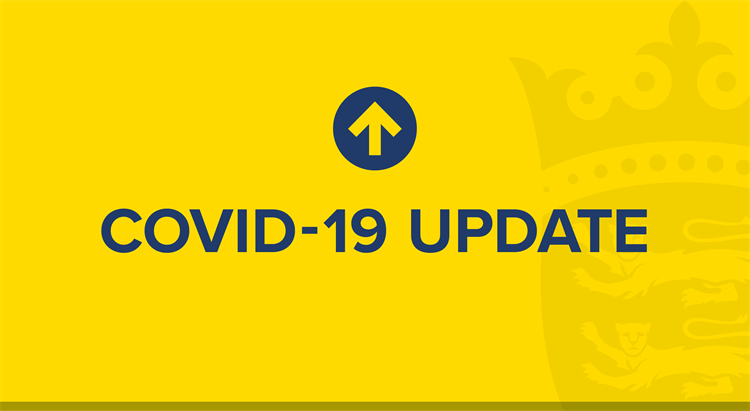18 March 2021

Head of the COVID-19 Vaccination Programme, Becky Sherrington said: “Jersey has been working closely with our partners in the UK, the Medicine and Healthcare Regulatory Agency (MHRA) and the Joint Committee on Vaccination and Immunisation (JCVI).
“The MHRA, who are the UK regulators in medicines and vaccines, as well as the WHO and EMA, have confirmed this afternoon that there are no safety concerns with the Oxford-AstraZeneca vaccine, and it should continue to be used.
“It is clear from medical data that the benefit of the vaccine in protecting people far outweighs the risks presented by not being vaccinated against COVID-19.
“Significant medical events, especially those that occur following any type of vaccination, are extremely rare. The Yellow Card Scheme is designed to monitor the safety of any medical event in relation to a new drug or vaccine. If any reports to the Yellow Card Scheme suggest a medical event in relation to the vaccine, it will be investigated further as a priority. Jersey is part of this reporting scheme.
“Throughout extensive vaccination campaigns, it is routine to notify of potential adverse medical events following immunisation, therefore the Yellow card Scheme is key to safety and is in place. This does not necessarily mean that the events are linked to vaccines themselves, but they are investigated as good practice.
“The vaccines will continue to be monitored to ensure all benefits continue to outweigh the risks. Experts are continuing to review the nature of the blood clots to determine whether they are linked to COVID-19 vaccine AstraZeneca.
“The vaccine supply continues to be our key limiting factor. We may see less doses delivered throughout April and this has been part of our planning, due to vaccine availability from the UK but this will unlikely impact on our schedule, and we remain on track to have opened appointments up to all adults by the end of May.”
“Our vaccination programme continues to make very good progress. Today’s statistic shows more than 45,000 doses have been administered and 46% of the adult population, over 18 have received their first dose of the vaccine. The vaccination team continue to look forward to welcoming Islanders for their first and second doses of the vaccine.”
Background:
• The normal incidence of a DVT or blood clot is about 1-2 people for every 1,000
• The risk is increased by many situations – for example, air travel but also age
• The MHRA uses a yellow card system to receive reports about any vaccine concerns and analyses these to see if there is any signal of a real link
• Thromboembolic events are known to occur frequently
• Venous thromboembolism is the third most common cardiovascular disease globally